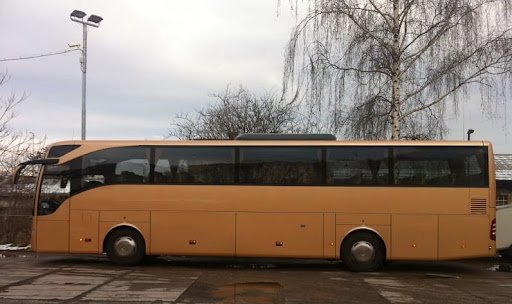In Lithuania, the connection between cities is vital for fostering economic growth, facilitating tourism, and promoting social interactions. The route between Alytus and Vilnius, the capital city, represents a significant corridor that serves thousands of commuters, students, and tourists daily. Despite its importance, the current bus services operating on this route often fall short in meeting the needs of the population. Enhancing bus services between Alytus and Vilnius is essential not only for improving transportation efficiency but also for addressing the broader socio-economic and environmental concerns of the region. Firstly, the current bus schedules between Alytus and Vilnius are often inconsistent and do not align well with the needs of commuters. Many people travel for work or education, and the existing timetable can lead to long waiting times and inconvenience. During peak hours, buses can become overcrowded, making the journey uncomfortable and inefficient. By increasing the frequency of buses and ensuring a more reliable schedule, transportation authorities can significantly improve the commuting experience for those traveling between these two cities.

This would not only enhance convenience but also encourage more people to use public transportation instead of private vehicles, thus reducing traffic congestion and environmental pollution. Additionally, improving bus services between Alytus and Vilnius can play a crucial role in promoting economic development in both cities. Alytus, being one of the larger cities in Lithuania, has the potential to attract businesses and investors who might be hesitant due to inadequate transportation links. With better bus services, commuting to Vilnius for work would be easier, encouraging skilled professionals to consider living in Alytus while working in the capital. This could lead to a more balanced regional development, alleviating some of the pressures faced by Vilnius as it continues to grow. Enhanced bus services can thus act as a catalyst for economic collaboration between the two cities, fostering an environment where businesses can thrive. The government has been working towards sustainable development goals, and enhancing public transport services aligns with these objectives.
By encouraging the use of alytus vilnius autobusas over private vehicles, emissions can be significantly reduced, contributing to cleaner air and a healthier environment. Modernizing the bus fleet to include eco-friendly vehicles can further support these efforts, making the journey more sustainable. Public transport should be seen as a viable alternative, not just for commuters but also for tourists looking to explore the cultural and natural attractions that both Alytus and Vilnius offer. Another critical aspect to consider is the demographic changes in the region. This includes ensuring accessibility for individuals with disabilities and providing safe, reliable options for students commuting to and from universities in Vilnius. Tailoring bus services to accommodate these demographics would promote inclusivity and ensure that all citizens have the opportunity to access essential services and participate in community life. In conclusion, the enhancement of bus services between Alytus and Vilnius is not merely a transportation issue; it is a multifaceted challenge that encompasses economic development, environmental sustainability, and social inclusion.




